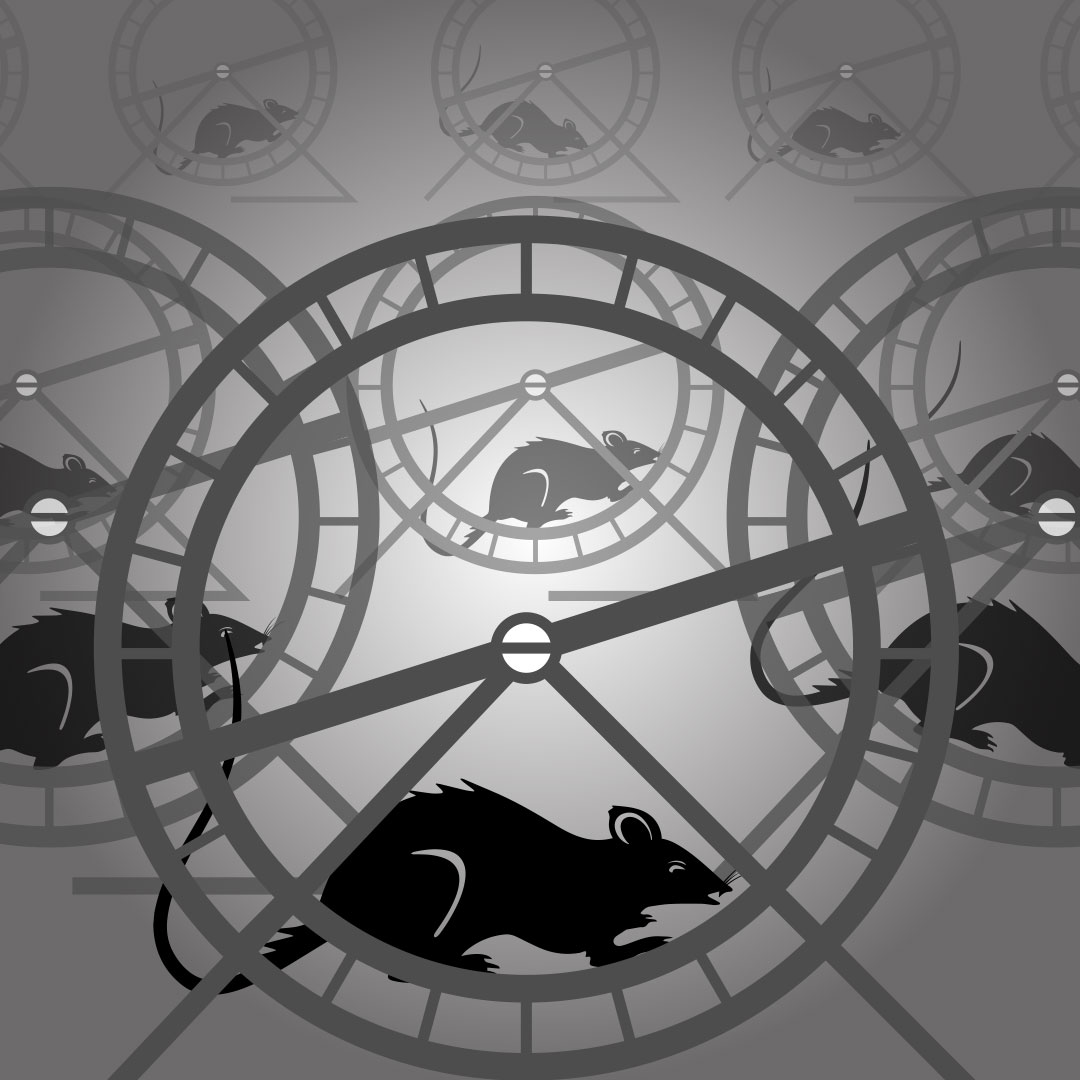
Stop Working!
Estimated Reading Time:
Stop working. Read, meet up with some friends or go for a drink.
In this day and age we are seeing some of the greatest technological advancements that are allowing us to communicate faster, produce quicker and more efficiently to save us more time – yet we seem to have less and less of it. Even through all of these amazing inventions to improve our lives we fill our spare time with moving onto the next task. At least, this can be the case if you’re a workaholic (like me).
As an author in this day and age, we spend much of our time wearing many hats and filling many roles for our career to advance forward. We complete the tasks of writing, marketing, promotion, design, and media release among many others so we can get our work out there. It takes a lot of time and you can easily be sucked into a vortex of working, reaching milestone after milestone that you forget to actually stop.
Stop working. You are not a machine.
Our tools have surpassed us in processing ability and can accomplish more than we could ever on our own, that does not mean you are one of them. So stop working so intensely. We are still human and require time away to either sleep, lounge around or spend quality time with people you enjoy. In the case with writing, putting down the pencil or putting away the keyboard is valuable so you don’t burn yourself out or run into writer’s block. Taking breaks can also help rejuvenate your ideas, helping you think more creatively.
If you want to really dive into the technicalities of the relation between sleeping and creativity, check out this article on BBC.
The brain is a muscle and it needs rest.
Think of the brain like any other muscle to the body, if you exercise too much you’re going to risk injury. With the brain you might be risking your sanity or mental wellbeing.
Like many writers, you probably have another source of income that takes up your time during the week. So writing is probably done during off hours, weekends or somewhere in-between. Working this intensely will ultimately wear you down. This applies to full time writers as well who invest many hours during the week to their writing.
Work smart, not hard
It is an old cliché and a wise one at that. It is very easy to get caught up in the rat race of life or the work vortex. You work intensely and repetitively thinking you are being productive. In the example of writing, taking rest can be more productive so when you come back to the chapter, you will think quicker and approach it with a fresh perspective.
More food for thought can be found in The Huffington Post article.
This doesn’t mean you should quit.
The idea that I am proposing is quite the opposite. Taking a break is often more productive as previously stated. What you have to keep in mind is being disciplined with stopping though. Stopping because you are frustrated and you need a break is not the best plan of action. Take short consistent breaks after reaching small milestones. Some examples of this can be:
- Daily, take a break every couple of hours to walk or grab a coffee.
- Weekly, work hard throughout the five or six days and dedicate one day during the week to no work. Maybe learn a new skill or spend it reading.
- Yearly, take a trip or a staycation. Save these for rewards after reaching big milestones in your writing career.
If there is one thing you should take away from this, it is the three points above.
Don’t burn yourself out. Practice the discipline of breaks so you perform better and work smart.

About Konn Lavery
Konn Lavery is a Canadian author whose work has been recognized by Edmonton’s top five bestseller charts and by reviewers such as Readers’ Favorite, and Literary Titan.




